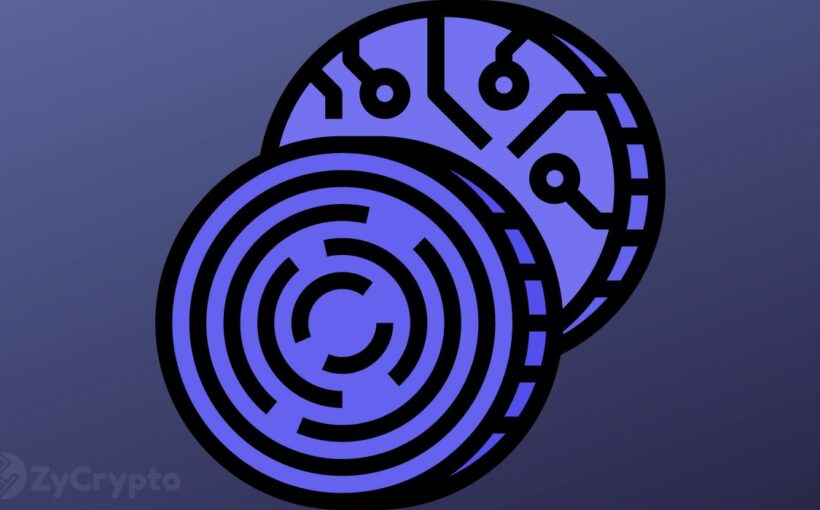The U.S. Securities and Exchange Commission (SEC) has filed fresh charges against Kraken, roughly ten months after settling previous charges against the exchange.
Notably, the U.S. regulator’s latest enforcement action has recognized Cardano’s ADA, Solana (SOL), Polygon (MATIC), and others as unregistered securities.
SEC Sues Kraken On Unregistered Securities Exchange Violations
In a Nov. 20 complaint filed in a San Francisco federal court against Payward Inc. and Payward Ventures Inc., the entities behind Kraken, the Securities and Exchange Commission alleges that Kraken has been operating a trading platform “as an unregistered securities exchange, broker, dealer, and clearing agency.” The Commission levelled similar charges against rival exchanges Coinbase and Binance in June.
The SEC further claims that Kraken commingled up to $33 billion worth of customer funds with company assets, including paying its operational expenses from an account that held user funds. According to the agency, this approach resulted in a “significant risk of loss” to its users.
“We allege that Kraken made a business decision to reap hundreds of millions of dollars from investors rather than coming into compliance with the securities laws,” SEC enforcement division director Gurbir Grewal stated in the official statement. “That decision resulted in a business model rife with conflicts of interest that placed investors’ funds at risk.”
Crucially, the SEC explicitly called 16 tokens securities in its suit against Kraken. Like in previous suits, the regulator did not mention ether (ETH) or Ripple’s XRP in this list of securities. According to the lawsuit, Kraken assumed a direct role in promoting the said security tokens to the investing public.
Those 16 tokens include Cardano (ADA), Solana (SOL), Algorand (ALGO), Cosmos (ATOM), Polygon (MATIC), Filecoin (FIL), Flow (FLOW), Internet Computer (ICP), Decentraland (MANA), Near (NEAR), and OMG Network (OMG).
The SEC alleges Kraken violated the registration provisions of the Securities Exchange Act of 1934. It seeks to permanently ban Kraken from operating as an unregistered security. The agency also wants the exchange to pay a fine and return its ill-gotten gains.
Crypto Community Reacts
In response to the lawsuit, Kraken’s current CEO, Dave Ripley, said the exchange has never listed unregistered securities and plans to “vigorously defend our position.”
“It is disappointing to see the SEC continue down its path of regulation by enforcement, which harms American consumers, stunts innovation, and damages U.S. competitiveness globally,” Ripley added.
Kraken notes in a blog post that the SEC does not allege any user funds are missing, and the commingling of funds claims were “no more than Kraken spending fees it has already earned”.
The SEC previously charged Kraken regarding its staking service, which provided a yield for users who “locked up” and held certain crypto assets within the platform. Kraken agreed to pay $30 million in February to settle those earlier charges and halt the staking program in the United States.
In a Nov. 21 post on the X (formerly Twitter) platform, Kraken co-founder Jesse Powell called the SEC “USA’s top decel” — a term mostly used by tech enthusiasts to refer to someone who stands in the way of progress — and claimed the regulator was unsatisfied with the $30 million Kraken paid as a settlement deal. Powell even warned other crypto-focused companies to leave the U.S.
XRP holders’ attorney John Deaton also commented on the lawsuit, calling SEC Chairman Gary Gensler a “despicable and dishonorable regulator” who doesn’t care about employees or investors.
Pro-crypto U.S. Senator Cynthia Lummis posted a response to the Kraken action, asserting the SEC cannot continue to “rule by enforcement.”
Source: Read Full Article

